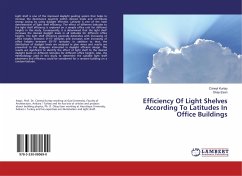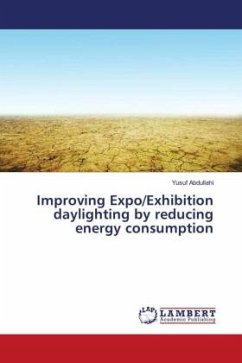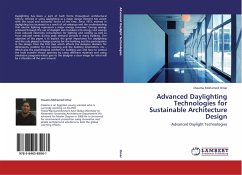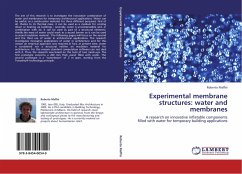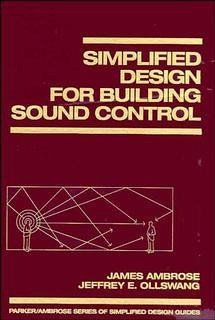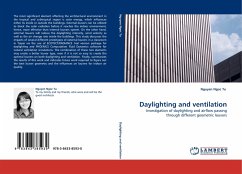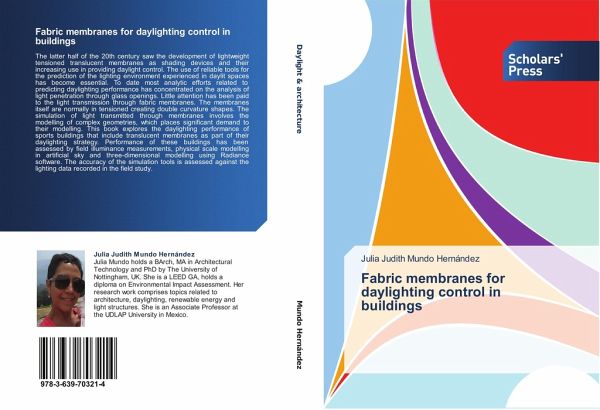
Fabric membranes for daylighting control in buildings
Versandkostenfrei!
Versandfertig in 6-10 Tagen
60,99 €
inkl. MwSt.

PAYBACK Punkte
30 °P sammeln!
The latter half of the 20th century saw the development of lightweight tensioned translucent membranes as shading devices and their increasing use in providing daylight control. The use of reliable tools for the prediction of the lighting environment experienced in daylit spaces has become essential. To date most analytic efforts related to predicting daylighting performance has concentrated on the analysis of light penetration through glass openings. Little attention has been paid to the light transmission through fabric membranes. The membranes itself are normally in tensioned creating doubl...
The latter half of the 20th century saw the development of lightweight tensioned translucent membranes as shading devices and their increasing use in providing daylight control. The use of reliable tools for the prediction of the lighting environment experienced in daylit spaces has become essential. To date most analytic efforts related to predicting daylighting performance has concentrated on the analysis of light penetration through glass openings. Little attention has been paid to the light transmission through fabric membranes. The membranes itself are normally in tensioned creating double curvature shapes. The simulation of light transmitted through membranes involves the modelling of complex geometries, which places significant demand to their modelling. This book explores the daylighting performance of sports buildings that include translucent membranes as part of their daylighting strategy. Performance of these buildings has been assessed by field illuminance measurements, physical scale modelling in artificial sky and three-dimensional modelling using Radiance software. The accuracy of the simulation tools is assessed against the lighting data recorded in the field study.




